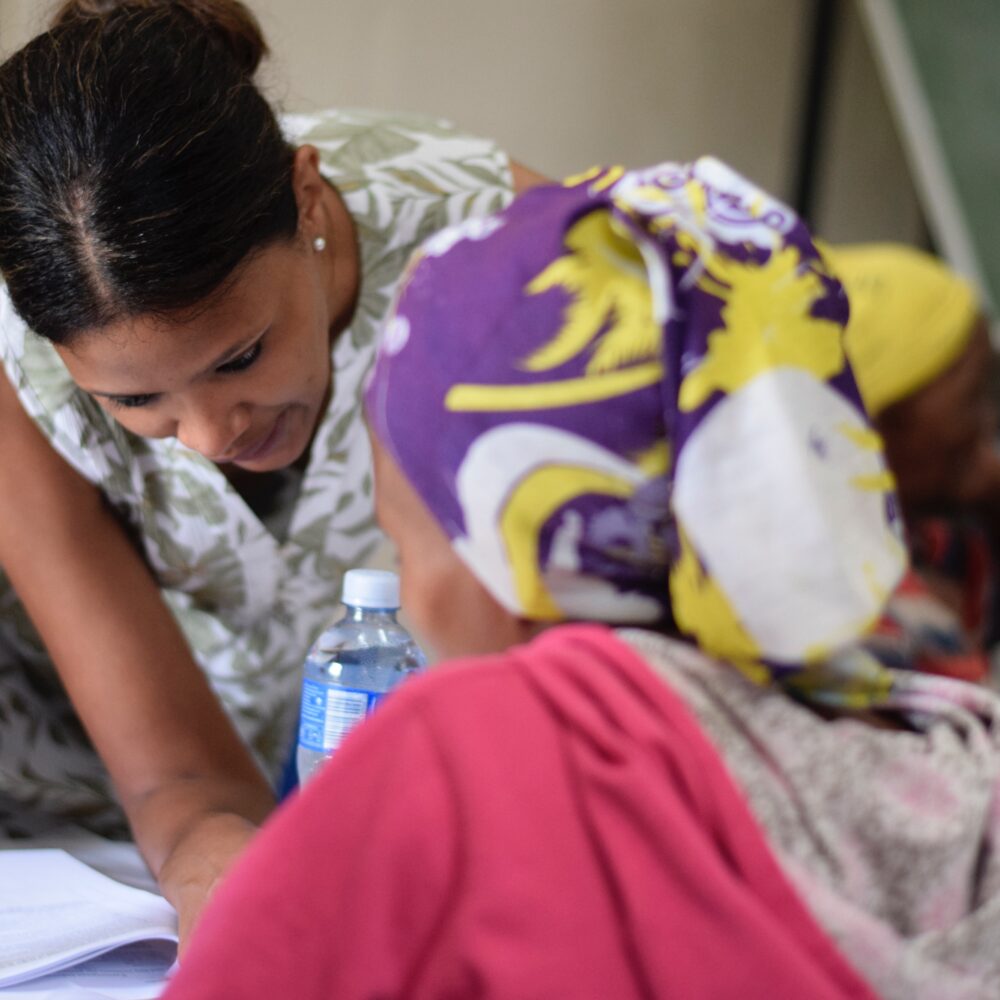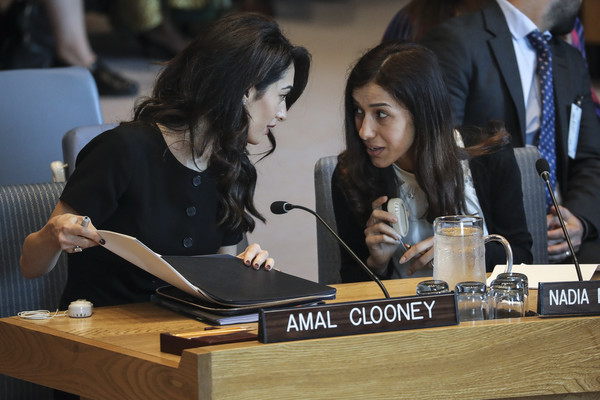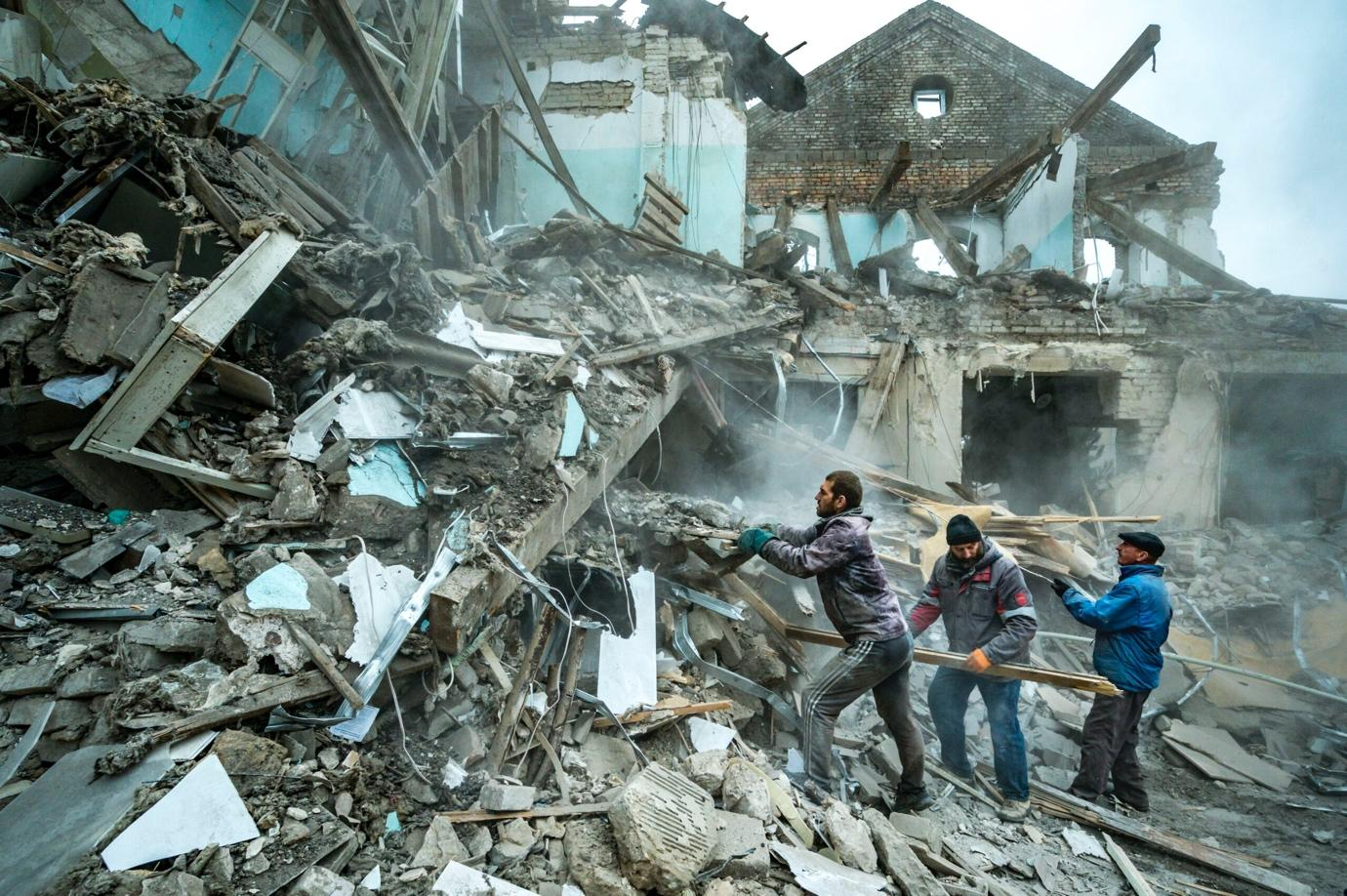Survivors of Sexual Violence
Across the globe, survivors of sexual and gender-based violence (GBV) face immense barriers when navigating the criminal justice system. To identify the challenges that survivors are facing in South Africa, CFJ’s Waging Justice for Women initiative partnered with University of Nottingham’s Rights Lab to interview over 150 survivors of gender-based violence in the country.
Did you know
South Africa has some of the most progressive laws on the continent, but it continues to have some of the highest prevalence and lowest conviction rates of GBV worldwide. The majority of survivors never see justice or even have their case make it to court.

CFJ’s Waging Justice for Women initiative and the University of Nottingham’s Rights Lab found that nearly two-thirds of survivors who file a police report are not making it through all stages of the criminal justice process. The biggest drop off happens before the investigation stage, where a third of survivors decide not to proceed with an investigation after reporting an incident. These barriers lead many victims to feel discouraged and traumatized by the entire experience of seeking justice.
Representing Survivors
CFJ Co-Founder Amal Clooney has represented Yazidi women in the only three cases in the world in which ISIS fighters have been convicted of genocide. In one case, Amal represented a Yazidi woman who provided the key evidence that sealed the genocide conviction against the defendant, an ISIS member who had enslaved and abused the woman and killed her 5-year-old daughter. This led to the first conviction of an ISIS fighter for genocide in any courtroom in the world.
She has also represented victims in five other trials that have led to convictions of ISIS fighters for war crimes and for crimes against humanity. And she represents Yazidi Nobel Laureate Nadia Murad and other Yazidi survivors in their quest for justice.

This verdict is a win for survivors of genocide, survivors of sexual violence, and the entire Yazidi community…. When survivors seek justice, they look for someone to give them hope that justice is possible. Amal gave me and many survivors hope that we will achieve justice. I am grateful to Amal for her tireless work to bring ISIS members to court.
